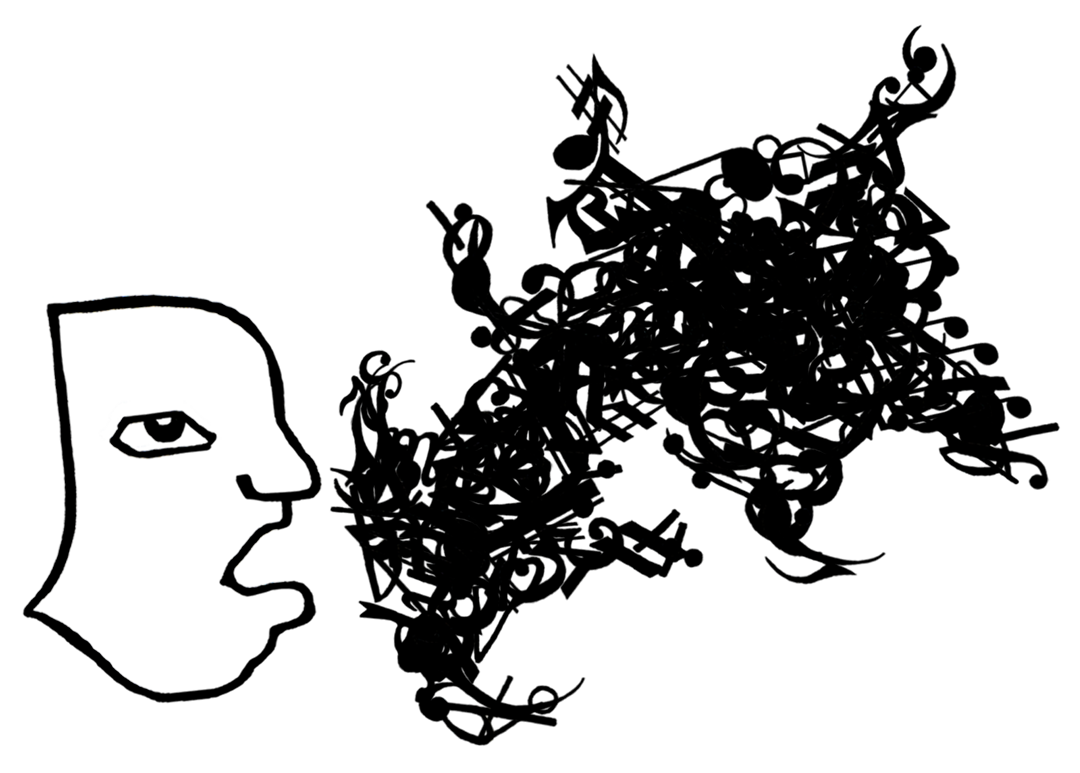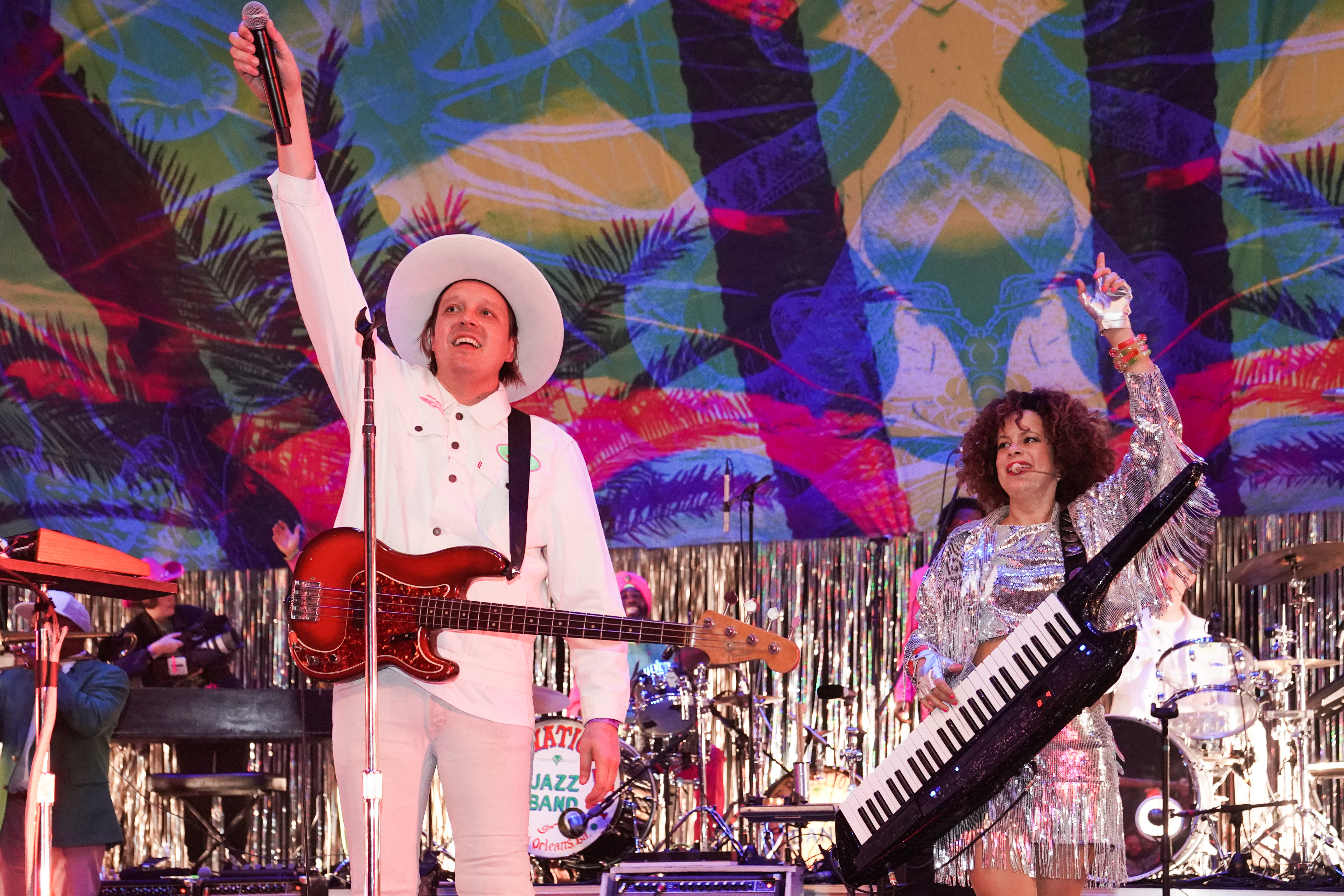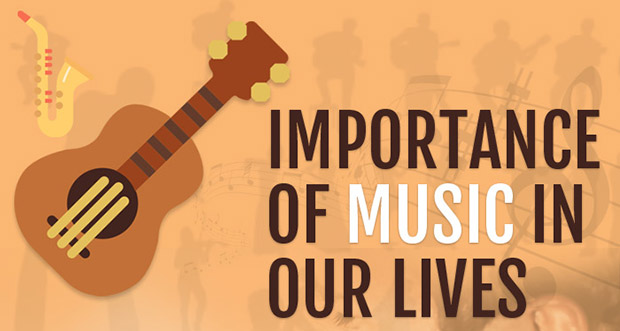

While listening to inspirational music can help you exercise harder or longer, calm music won’t help you unwind if you’re listening to it while you’re scrolling through your news or social feeds, he says. “We fool ourselves into thinking we can do two things at once,” he says. If you’re looking to use music to de-stress, pump yourself up or otherwise shift your mental or emotional state, Levitin says you probably already have a bank of songs you can pull from that you know will have the appropriate effect. “One thing people find surprising is that music activates nearly every region of brain we’ve mapped so far.” This hints at music’s universality and power to affect us. There’s also no single “music center” in the brain, he says. “There’s no one piece of music that will do the same thing for everyone.” “These were people who normally listened to Swedish speed metal, so to them AC/DC was soothing,” he says. Levitin says he’s encountered people who have said that AC/DC is their relaxation music.


Tracks with a slow tempo, gradual chord progressions and drawn-out notes tend to be calming, Levitin says, while chaotic and up-tempo music tends to have the opposite effect. Why? The rhythm and other characteristics of the songs we select can modulate our heart rates and the activity of our brain’s neural networks, explains Daniel Levitin, a professor of psychology who researches the cognitive neuroscience of music at McGill University in Canada.

One 2015 study from Finland found that music can bolster negative emotions-like anger, aggression or sadness-much the same way it can counteract these feelings. “Some of our data show that putting on any old music can actually induce a stressful response.” (Just turn on the creepy themes from films like Halloween or The Shining if you need examples of how music can fan the flames of anxiety, rather than squelch them.)Īlong with inducing stress, Loewy says, the wrong music can promote rumination or other unhelpful mental states. “Silence can be better than random listening,” says Joanne Loewy, an associate professor and director of the Louis Armstrong Center for Music & Medicine at Mount Sinai Beth Israel in New York. If you don't get the confirmation within 10 minutes, please check your spam folder. Click the link to confirm your subscription and begin receiving our newsletters. For your security, we've sent a confirmation email to the address you entered.


 0 kommentar(er)
0 kommentar(er)
